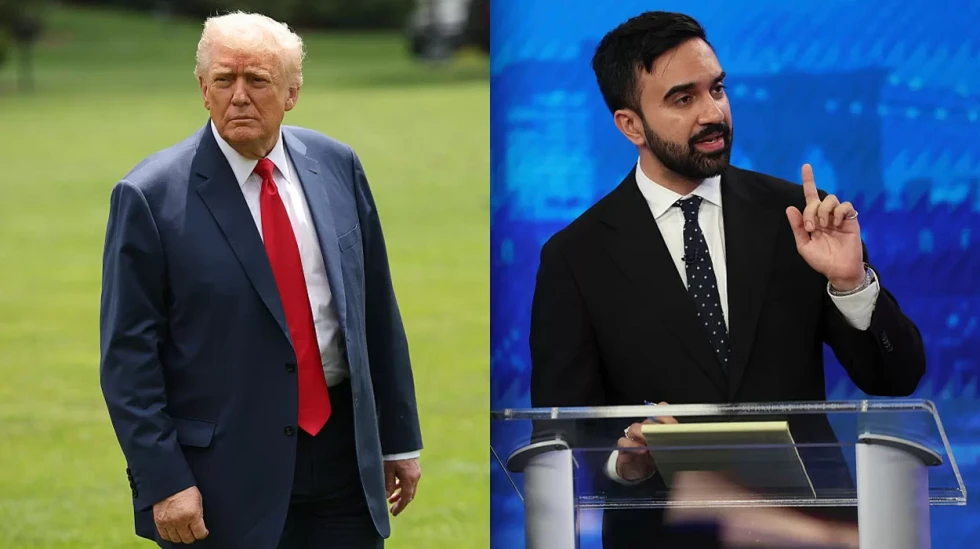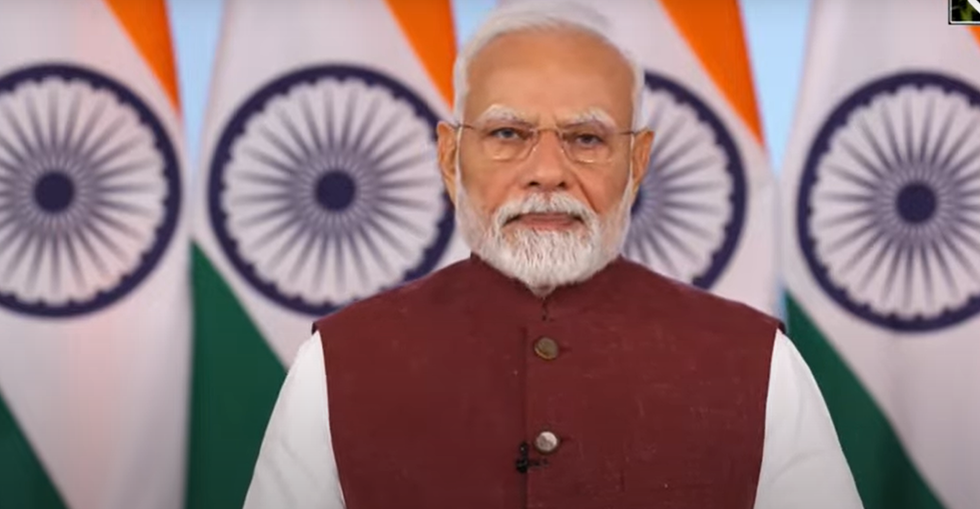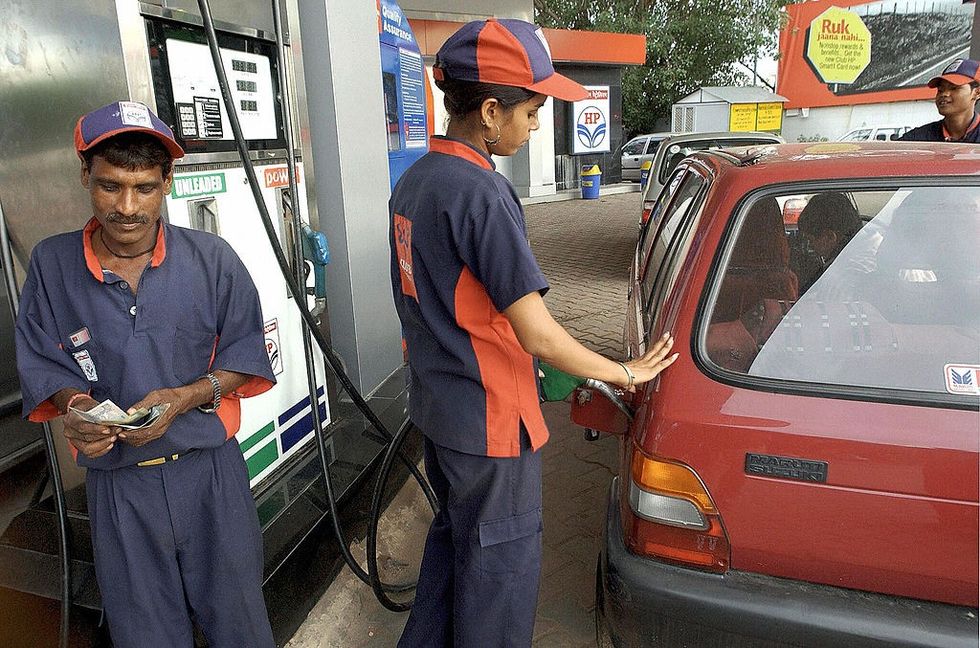DURING its 6th Fraunhofer Innovation & Technology Platform (FIT) in the southern Indian city of Bengaluru on September 7, Europe's largest applied research organisation Fraunhofer announced a collaboration with two leading partners in India: department of science and technology (DST) for hydrogen technologies and with the southern state of Tamil Nadu for Innovation and digitalisation clusters.
The sixth edition of the FIT platform this year was themed around circular economy across manufacturing, mobility, packaging, and recycling and water-food-energy nexus today.
The event was attended by over 250 industry experts, government, and research organisations.
Fraunhofer is a valued partner of the Indian government and is actively part of many government projects in several states of the country.
Welcoming the participants, Anandi Iyer, director, Fraunhofer India talked about Fraunhofer’s work in India.
She said, “As we celebrate 15 years of our journey in India, we reflect on our mission to bridge experiences from Germany and cultivate a meaningful presence in India's burgeoning innovation landscape. This milestone is marked by the largest delegation ever to visit India, underscoring Fraunhofer's exceptional position as a global innovation ecosystem.
"Our unique strength lies in seamlessly blending fundamental research with industry collaboration. We serve as the linchpin that binds these two entities, facilitating the swift transition of cutting-edge research into market-ready solutions—a testament to our commitment to driving innovation at an accelerated pace."
Addressing the event, Priyank Kharge, information technology, biotechnology, rural development and panchayati raj minister of the state of Karnataka, announced the setting up of a circular economy cluster and invited Fraunhofer to partner in the initiative.
He said, “The government of Karnataka is working solidly with relevant implementation strategies that will instil confidence in businesses to adopt a circular production model. The government of Karnataka understands the importance of a circular economy. It has been included in key state policies: The startup policy of the Karnataka state, the urban solid waste management policy of 2020, the Karnataka registered vehicle scrapping policy of 2022, the E-waste management rule of 2022. All these policies are aimed at early adoption and energizing of the circular economy.
"We are coming up with a circular economy lab. So, I would request Germany to be a part of the Centre of Excellence because we see the best practices being set up there. We will be coming up with probably India's first circular economy lab, along with the department of Panchayat Raj and rural development along with the partnership with the private players and academia and other governments.”
The sixth FIT Summit held in Bengaluru aimed at showcasing cutting-edge technologies, innovations & solutions, especially during India’s presidency during the G20 since the beginning of 2023.
Over 15 Fraunhofer experts from various institutes participated and showcased technology solutions for smart technology intervention in India.
Markus Wolperdinger, director, Fraunhofer Institute for Interfacial Engineering and Biotechnology (IGB) was the Fraunhofer Chairperson for the 6th FIT.
Talking about this year’s theme on the circular economy, he said, “In today's predominantly linear economic model, we often follow a pattern of extracting resources, manufacturing products, using them, and ultimately discarding them, only to begin the cycle anew.
"However, it's increasingly evident that this linear paradigm cannot effectively address the world's pressing challenges. We urgently require a shift towards a circular approach—a concept rooted in sustainability and responsible resource management. We must recognise that we share one planet with finite boundaries, and our actions must align with these planetary limits to ensure our long-term existence. The key to achieving this lies in embracing a circular bio-economy.”
The event set the pace for understanding the issues and challenges related to circular economy and sustainability and showcased Fraunhofer’s expertise in offering smart solutions and models for India.















